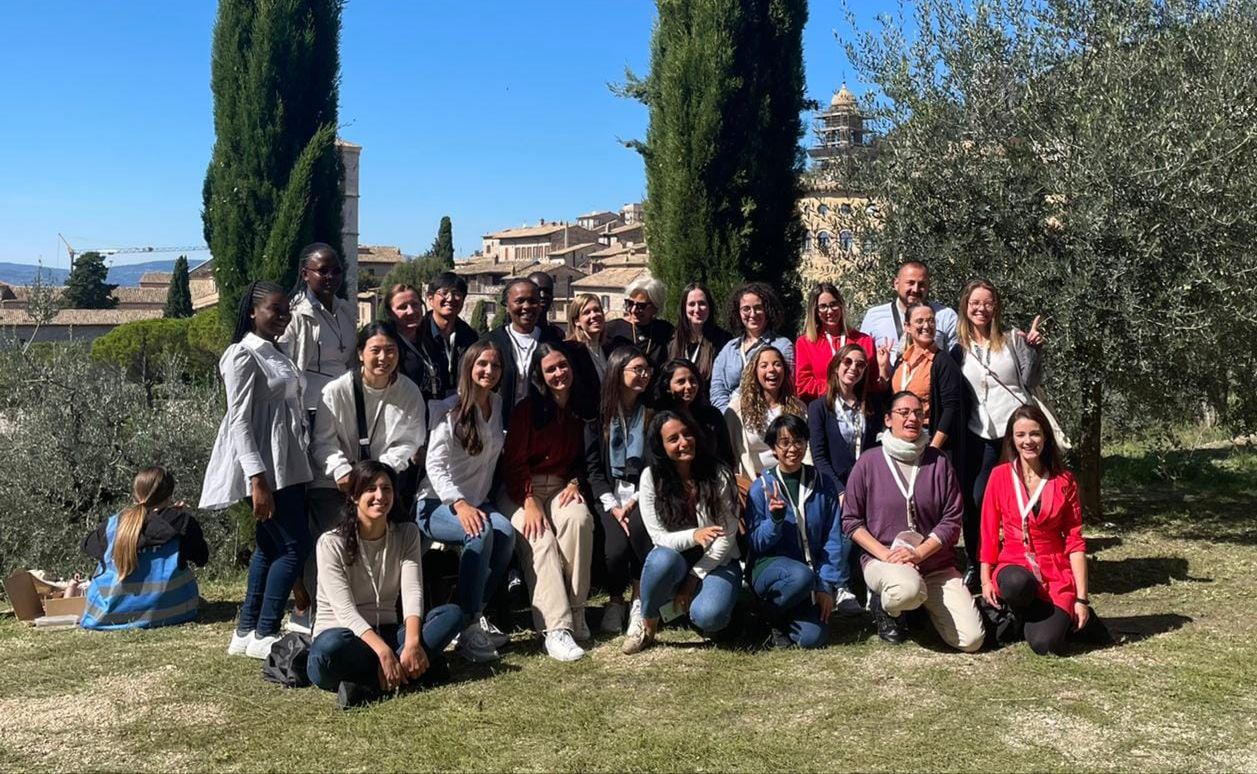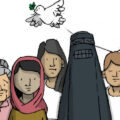
Workshop
Egypt: the longing for freedom and rights for women
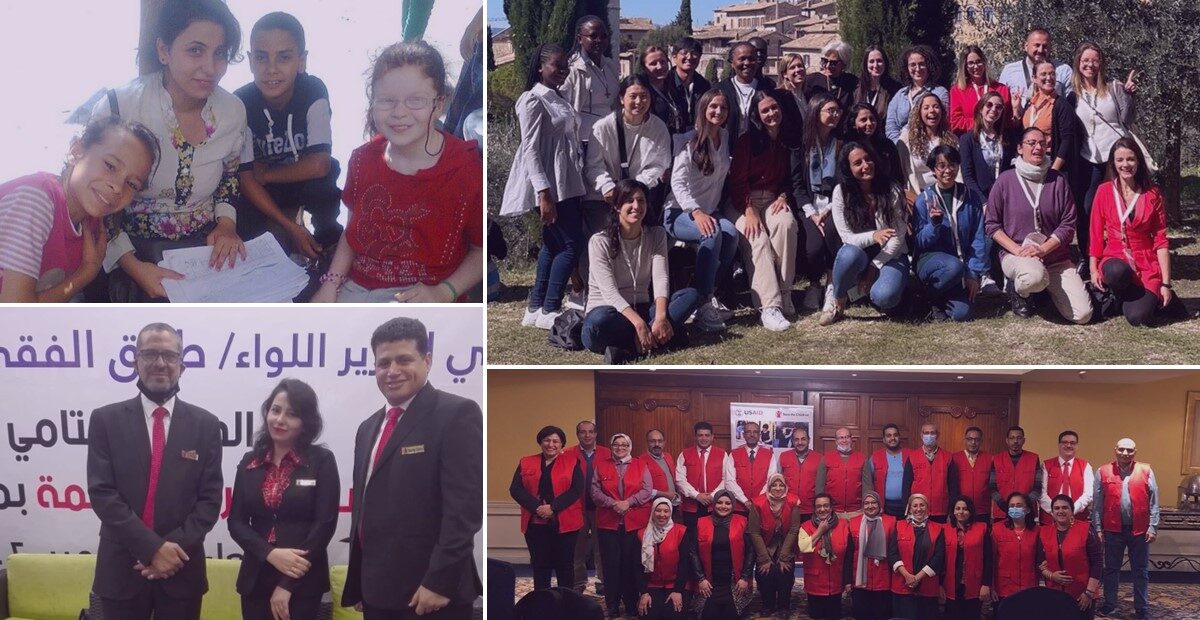
On International Women’s Day, we wish to give a voice to women who, even in situations of great inequality, suffering and exclusion, have taken a step forward in working to narrow the gaps that have existed for generations, such as the economic gap. Today in particular we hear from Samah Kades Shody from Egypt, a country where many women do not have the right to study or work.
“I raise my voice not to shout, but so that those who have no voice can be heard. We cannot succeed when half of us are prevented from having a voice“. This phrase by the activist Malala Yousafzai represents the cry of many women around the world who, socially condemned for the fact of being women, are suffering the consequences of being historically left behind.
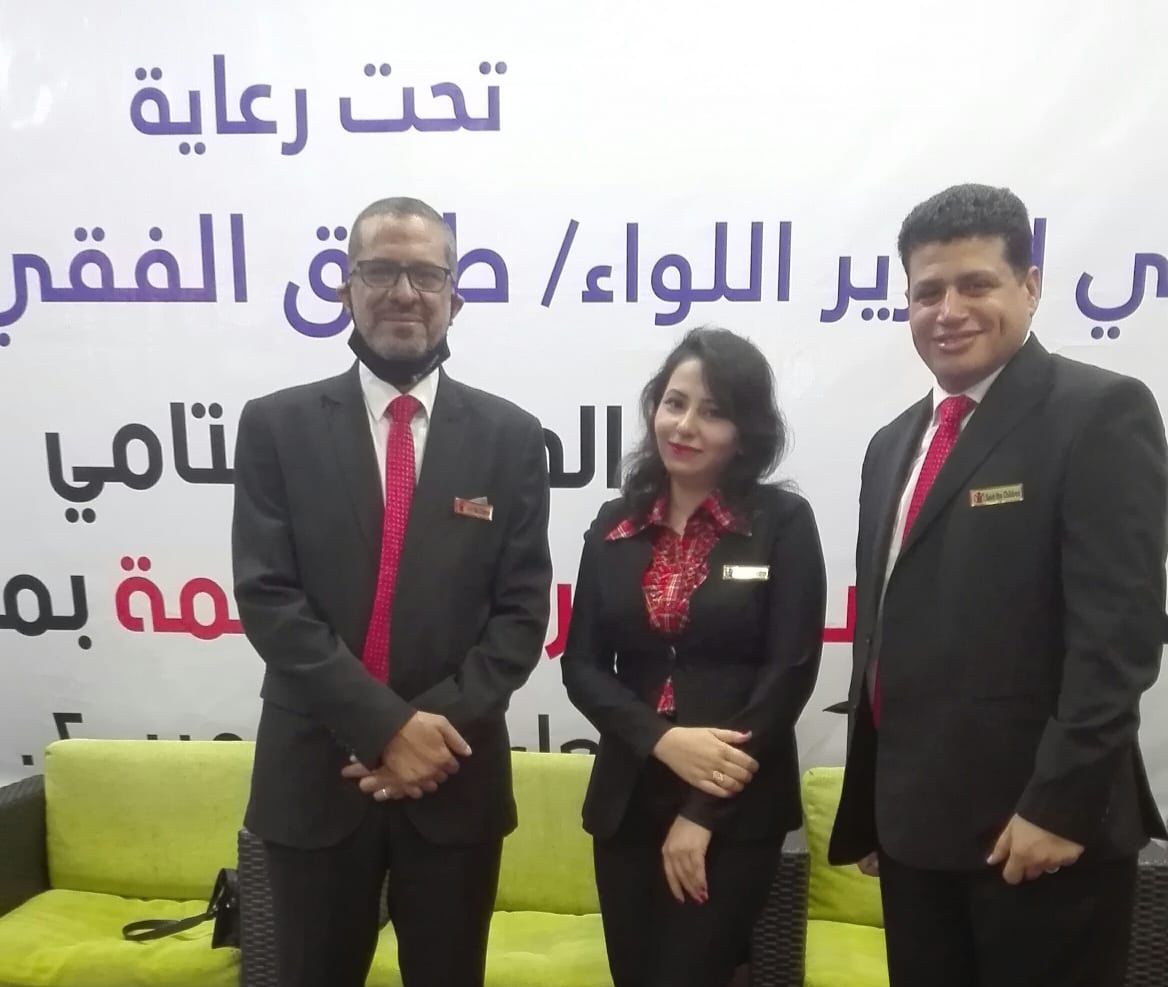
Within the community of The Economy of Francesco, young economists and change-makers have dedicated a space to address the issue of economic inequalities in women around the world. Among the workshops and discussion groups we found Samah, a young woman who wanted to tell us how the environment in which she grew up was a cruel place in which to be a woman.
Samah is Egyptian, from a city called Sohag, in the centre of the country. She makes it clear that the reality in the Centre and South of her country is very different to that in the North. Samah is a lawyer and is now finishing a master’s degree in Economics and Management at the Sophia University Institute in Italy. Her passion has always been to serve the needs of the least. Precisely for this reason, for more than 10 years she has volunteered in different organizations such as Caritas and Save the Children.
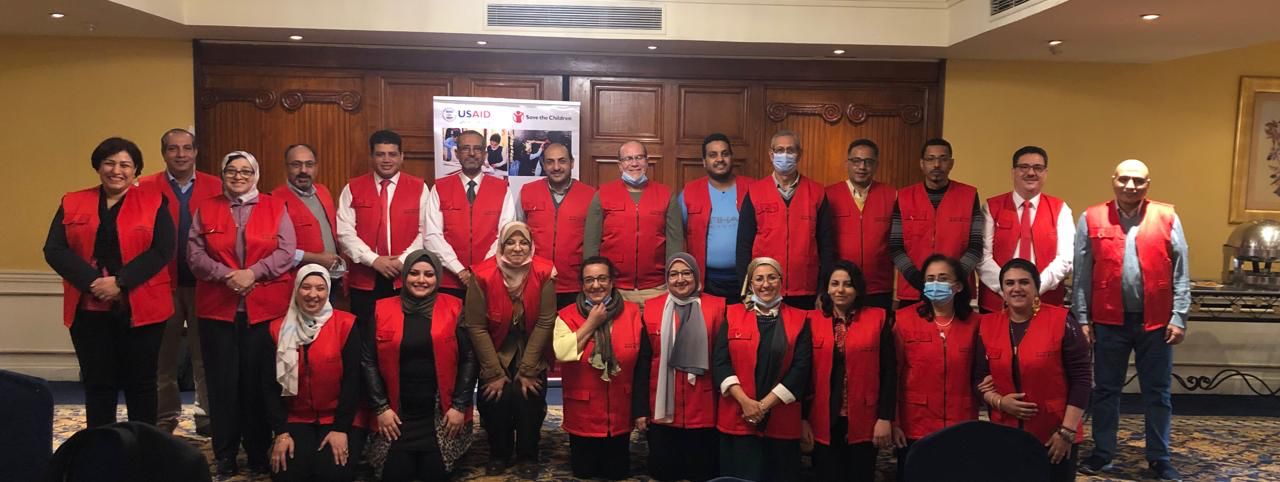
Her time in these organizations allowed her to come into contact with very difficult realities first hand: girls forced to marry, drop out of school, and even sentenced to practices such as FGM (Female Genital Mutilation). By 2021, the United Nations estimated that 86% of married Egyptian women between the ages of 15 and 49 had undergone female genital mutilation. “I did not realise how common this practice was in my country – says Samah – until I became involved in health care programs and from there, I tried to educate people, to see that this practice was harmful to these girls, who are usually between 8 15 years old, and could even lead to their death”.
To understand more precisely the challenges that women face in this country, it is enough to look at the following data:
- In 2020, Egypt ranked 134 out of 153 countries in the Global Gender Gap Index.
- It ranks 140 out of 153 countries in women’s economic participation and opportunities.
- Only 18% of women of working age participate in the economy, compared to 65% of men.
“It saddens me to see young people of 16 or 17 years old being forced to marry and who are made to believe that their only obligation in life is to bring babies into the world,” says Samah, emphasizing that this condemns them to remain without a future. It transfers to the economic level: “It means that they have to abandon their education – she continues – and abandon any possibility of professional growth. The consequence is visible to all: it is difficult to find women who are entrepreneurs or who hold senior positions in business”. For Samah, these systems that relegate women are fraught with social, physical, and psychological violence.
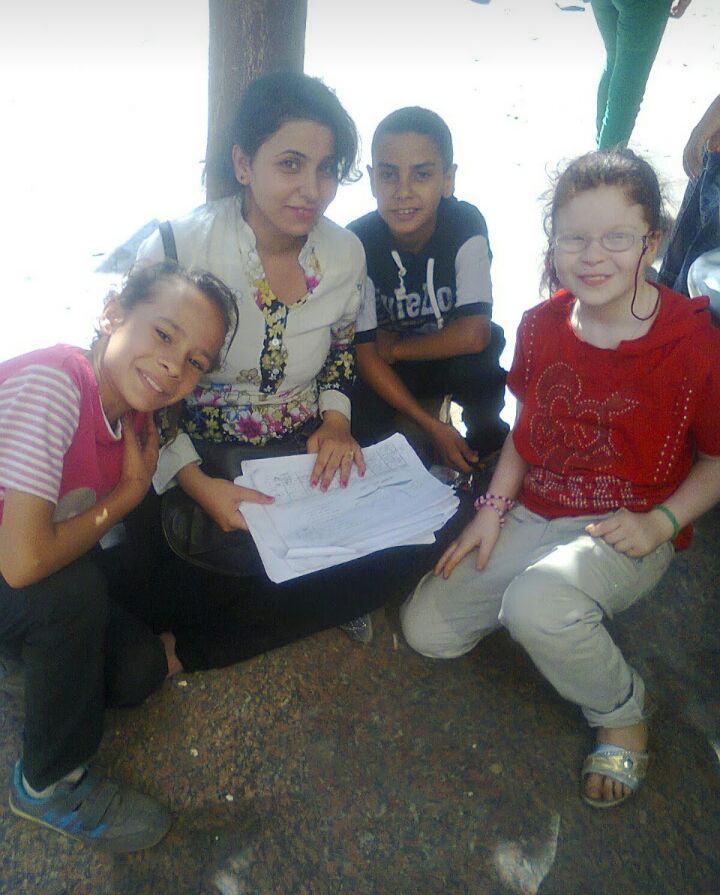
A legacy passed down the generations
Many of the practices that threaten women in Egypt have their origins in cultural and generational factors that have remained an unfortunate legacy for society. Samah points out that a first step to break these chains is to raise awareness and teach the women themselves that the right to decide and chart their own future cannot be trampled on by stigmas and social prejudices.
Samah emphasizes that although she is lucky to be able to study abroad, the journey was not easy, because to do so her mother had to ask permission from the men who govern her family and face the stigmas of this decision.
Although it is impossible to change the past, there is still much that can be done for future generations.
“I dream of new generations, capable of understanding that they have the right to freely choose what they want for their lives. I dream of men who see women with new eyes and recognize their abilities as business, study, and work partners. I dream of a society without stigma” says Samah.
It is on this journey towards building new economic and social structures that Samah has discovered the global community of The Economy of Francesco, in which she has found young leaders who are capable of bringing about tangible changes where they come from. Within the workshop of “Women for economy” (women and economy) she has been able to address issues that in her own country would simply be impossible to address. The challenges are great, but it encourages her to meet and interact with young colleagues, who are trying to make a difference, starting from their own small communities.
Inspired by these realities, Samah hopes that when she finishes her master’s degree and returns to her country, she will be able to contribute more effectively and with greater knowledge, to the families who constantly come to her for advice, and help to be able to generate changes, first of all locally, but which are capable of having an influence on the economy. To those women she says: “let us fight, protest and work with determination.
